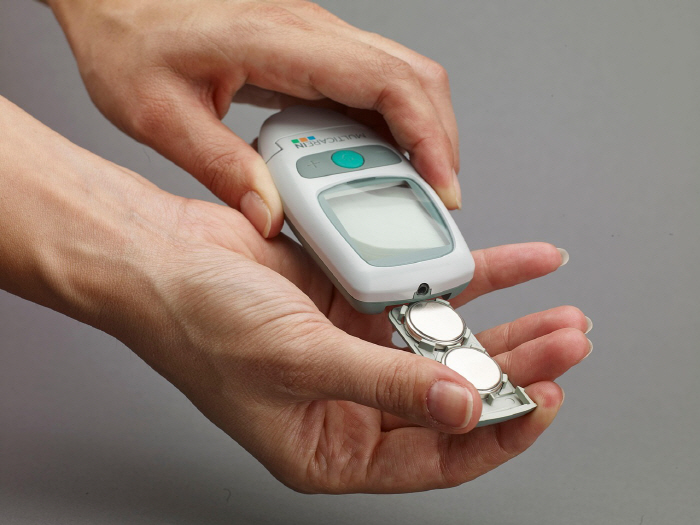GLP1 receptor agonists, SGLT2 inhibitors risk gastroesophageal reflux disease and complications ↑
|
This is the result of a joint research team between Professor Noh Yoon-ha of Chonnam National University of Pharmacy and Professor Laurent Azoulay of McGill University in Canada published in the official journal 'Annals of Internal Medicine'.
The research team analyzed the medical records of type 2 diabetes patients from 2013 to 2021 using the UK's leading Clinical Practice Research Database (CPRD).
A comparative analysis of 24,708 patients who were first prescribed a diabetes treatment (GLP-1 RA) that suppresses appetite and lowers blood sugar and 89,096 patients who were first prescribed a diabetes treatment (SGLT-2 inhibitor) that lowers blood sugar by excreting sugar into the urine showed that patients using GLP-1 RA had a 27% higher risk of developing gastroesophageal reflux disease within three years. The risk of developing disease-related complications such as Barrett's esophagus or esophageal stenosis was also 55% higher in the GLP-1 RA group. In particular, the risk was more pronounced in smokers or in patients with gastrointestinal-related underlying diseases.
According to the research team, GLP-1 RA is known to have blood sugar control, weight loss, cardiovascular and kidney protection effects, but caution and prevention may be required when prescribed to high-risk groups for gastroesophageal reflux disease," he said.
This article was translated by Naver AI translator.




